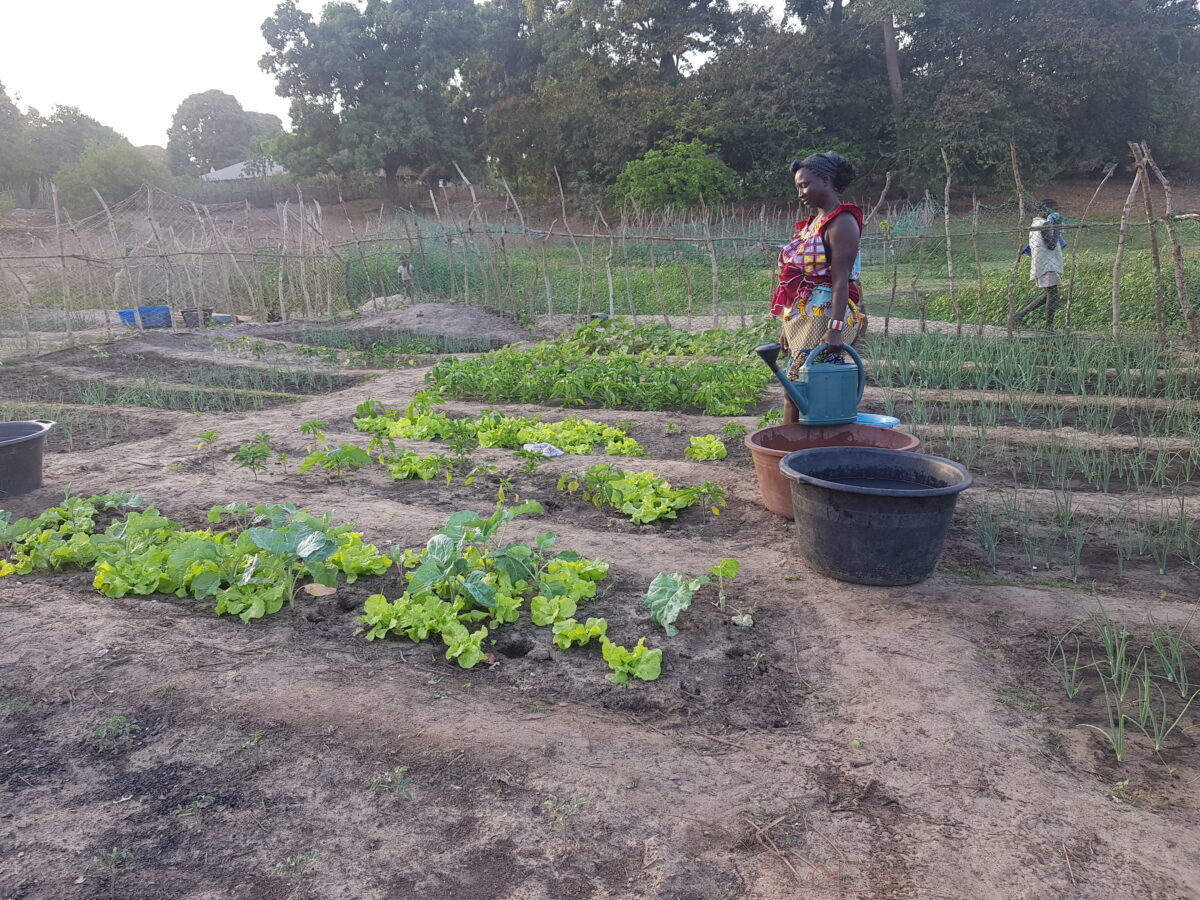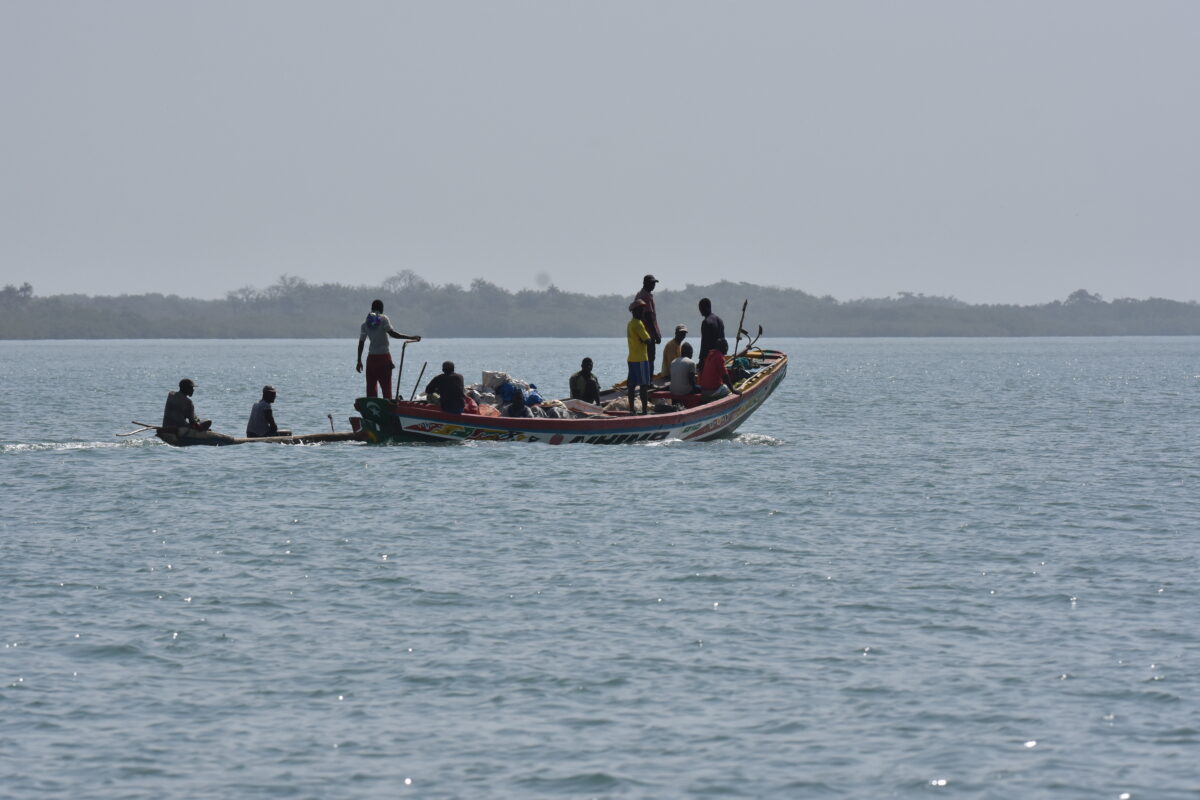BioGuinea Foundation (FBG) has been supporting the Orango National Park (PNO), a marine protected area located in the Bijagós Archipelago. The archipelago has 88 islands, 21 inhabited by 30 thousand people, the majority from the Bijagós ethnicity. The islands host a considerable diversity of fauna. The wealth of the natural environment is mainly linked to the presence of the sea and the existence of mangroves and mud flats. It is a spectacular site declared a UNESCO Biosphere Reserve (in 1996).
FBG funding is channeled through the Institute for Biodiversity and Protected Areas (IBAP), the public entity responsible for the protected areas in the country. In the PNO, IBAP is working together with local communities to promote biodiversity conservation and sustainable development.
The resources provided to the PNO by FBG were mobilized through a project financed by FFEM, the French Fund for the Global Environment, and have allowed IBAP to:
- Support the rehabilitation of a school in the village of Canogo, serving 106 children (48 girls and 58 boys).
- Provide horticultural equipment and supplies to an association of 109 women farmers (named ADIM), in the villages of Etigoga and Ancaboca, to increase production and improve family income, supporting children’s health and education. The equipment and supplies were distributed to the members of the association, for which each member paid a symbolic amount that was used to set up a management fund to promote the appropriation and sustainability of the project.
- Finance the building of a new, traditionally fenced, cement-lined well, in the town of Wite. The community manages the water provision and have set a price of 25 CFA francs (about USD 0,04) for two basins of water (25-30 liters). The proceeds of the water sale are used to maintain the well.
- Build the capacity of the PNO management team, with 4 women and 19 men taking a 7-day programme in computer skills to prepare reports and organize data concerning their activities.
- Strengthen communication with the local communities, by providing equipment to the community radio Okinka Pampa that offers general information and entertainment in its programme. The radio has proven to be an effective media for communicating with a broad audience, informing the park’s residents about biodiversity and day-to-day issues, such as COVID-19 prevention.

The Orango National Park has 1,582km2 from which around 160km2 are covered by mangroves, a crucial ecosystems for the reproduction of mollusks, fishes and sea turtles.
On behalf of Community Radio Okinka Pampa I would like to thank Foundation BioGuinea for provinding us these vital equipment and accessories to improve our working condition.
DOMINGOS ALVES JUNIOR, DIRECTOR OF THE COMMUNITY RADIO OKINKA PAMPA

